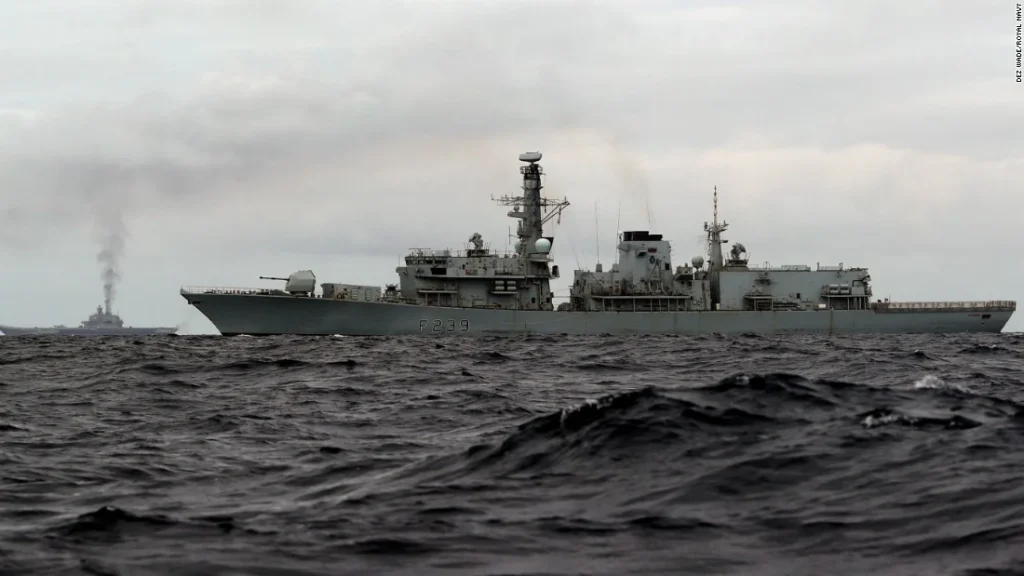Next week, Havana’s skyline will transform as four Russian naval ships, including a nuclear submarine, make their approach.
Cuban authorities have slated the visit for June 12 to June 17, emphasizing the long-standing bond between Russia and Cuba.
Significantly, these vessels will arrive unarmed with nuclear weapons, posing no threat to regional security.
This timely arrival ignites historical memories at a moment when Western support for Ukraine counters Russian military actions.
Intriguingly, just one day before the announcement, U.S. officials disclosed their surveillance of these movements. They interpreted this as a direct response to U.S. support for Ukraine.


Although the Russian military’s presence is notable, U.S. authorities are maintaining a watchful, yet unconcerned stance.
Meanwhile, Russian President Vladimir Putin has hinted at possible “asymmetric measures” in response to U.S. military aid to Ukraine.
He suggests using unconventional tactics that recall those of the Soviet era.
Russian Warships to Dock in Havana Next Week
Historically, intense rivalry marked the Cold War era between the U.S. and the Soviet Union.
Following Fidel Castro’s 1959 revolution, Cuba often found itself in the spotlight, aligned with Moscow.
Events such as the 1961 Bay of Pigs invasion and the 1962 Cuban Missile Crisis underscore the extreme risks of nuclear conflict from that era.
Today, Russian warships docking in Havana signal a strategic move amid rising global tensions, echoing Cold War tactics.
Putin’s use of global pressure points to counter U.S. influence echoes strategies from the Soviet playbook, marking this event as significant for observers of international affairs.
This action demonstrates the reemergence of historical alliances and rivalries, shaping modern international relations.
It underscores how the echoes of the past continue to resonate in today’s geopolitical landscape.
